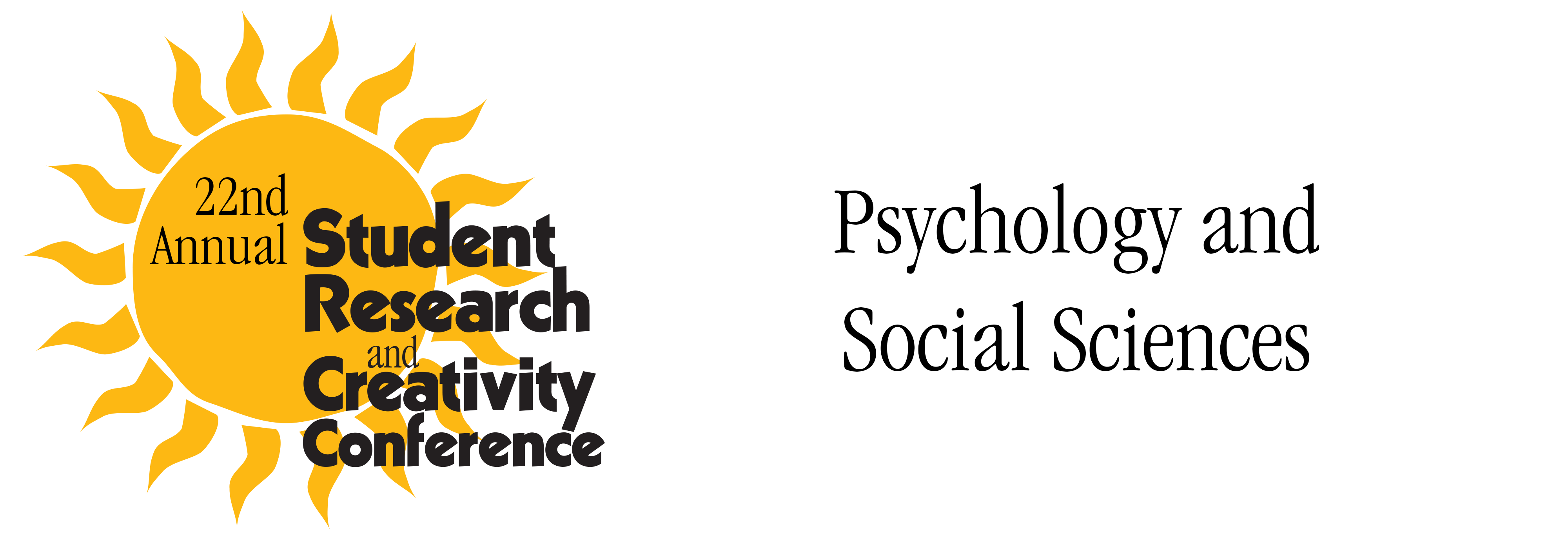
Files
Download Full Text (230 KB)
Description
Cassandra Lewandowski and Kristin Czajka, PSY 295: Stress and Food-Hormones
Faculty Mentor: Professor Naomi McKay, Psychology
When people are stressed, they tend to be more inclined to eat highly palatable foods compared to when they are not stressed. This being the reason why there is a link between stress and obesity. What we do not know is why humans are more inclined to eat unhealthy foods. The purpose of the current study is to find out if the cortisol response is blunted after a person eats an unhealthy food item and if there is a difference based on the participants weight class. In this experiment, participants come into the lab and have their weight and height taken. Then they provide a saliva sample to get their baseline level of cortisol. After a waiting period, they give a second saliva sample then move into their stress or non-stress condition. For the stress condition, participants go through a laboratory stressor while the non-stress condition consists of reading a magazine for ten minutes. Next, they give another saliva sample and are given their food condition which is either a high-fat/low-carbohydrate, low-fat/high-carbohydrate, or no food condition. A saliva sample is then collected after and a recovery period follows where one additional sample is collected. The expected results are that the cortisol response will be blunted after eating a food item, with more cortisol being blunted in the high-fat food group. The current study will advance knowledge on the topic of how food can change cortisol levels in humans after going through a stressor.
Publication Date
2020
Recommended Citation
Lewandowski, Cassandra, "Cortisol Levels Blunted After Eating Palatable Foods" (2020). Psychology and Social Sciences. 22nd Annual Student Research and Creativity Conference. SUNY Buffalo State.
https://digitalcommons.buffalostate.edu/srcc-sp20-psychsocsci/23



